May 2, 2022.
eports from the notorious Insein Prison in Yangon indicate that human rights abuses against political prisoners have worsened. Prison authorities and military forces are employing various harsh methods to suppress political inmates, especially those who are perceived as leaders or involved in prison protests.
Following the recent Thingyan festival, several outspoken political prisoners were transferred to remote prisons, while others still awaiting trial have been subjected to severe and unjust punishments. Sources indicate that those who frequently appear in reports for challenging prison authorities face more severe discipline, including beatings, solitary confinement, and arbitrary restrictions.
“Whenever there’s an incident in the prison, the officers must immediately report it to the higher authorities. They document who led the protests and who disrespected prison officers. Those repeatedly mentioned are often transferred to other prisons, while those with pending cases face harsher rules. Under prison law, if they want to punish someone, even killing a mosquito could result in a penalty. Once they hold a grudge, they can make anyone suffer,” a source inside the prison stated.
On April 25, several political prisoners from Insein were transferred to other prisons. Those who remained behind reported that prison authorities had intensified restrictions, including frequent inspections and the confiscation of personal clothing without explanation. Disputes arose between political prisoners and the prison authorities over these actions.
NLD youth member Than Toe Aung from Thanlyin Township reportedly told authorities that wearing personal clothes in their rooms should not be considered a violation, as prison uniforms are only required during court appearances or when leaving the prison. His defiance led to him being placed in solitary confinement and beaten, according to sources.
Than Toe Aung began a hunger strike in protest, demanding the return of personal clothing, the reopening of his parcel containing essential items, and an end to enforced squatting during roll calls, as political prisoners should be exempt from such rules. After two and a half days without food, prison authorities met with him and agreed to some of his requests. However, he remains in solitary confinement, still bound in leg irons.


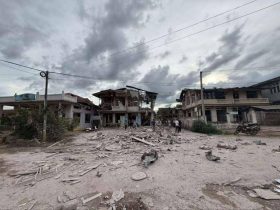
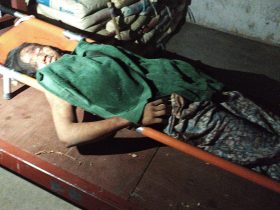

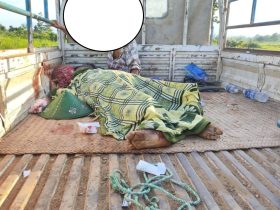
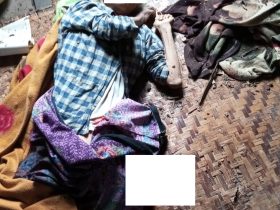
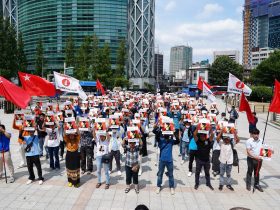
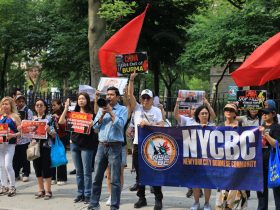
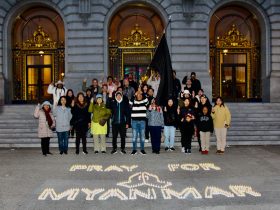
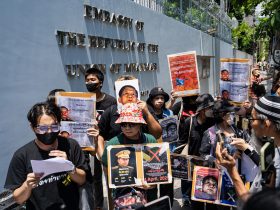
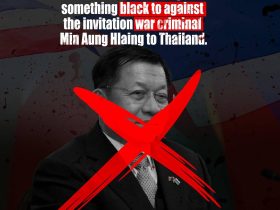
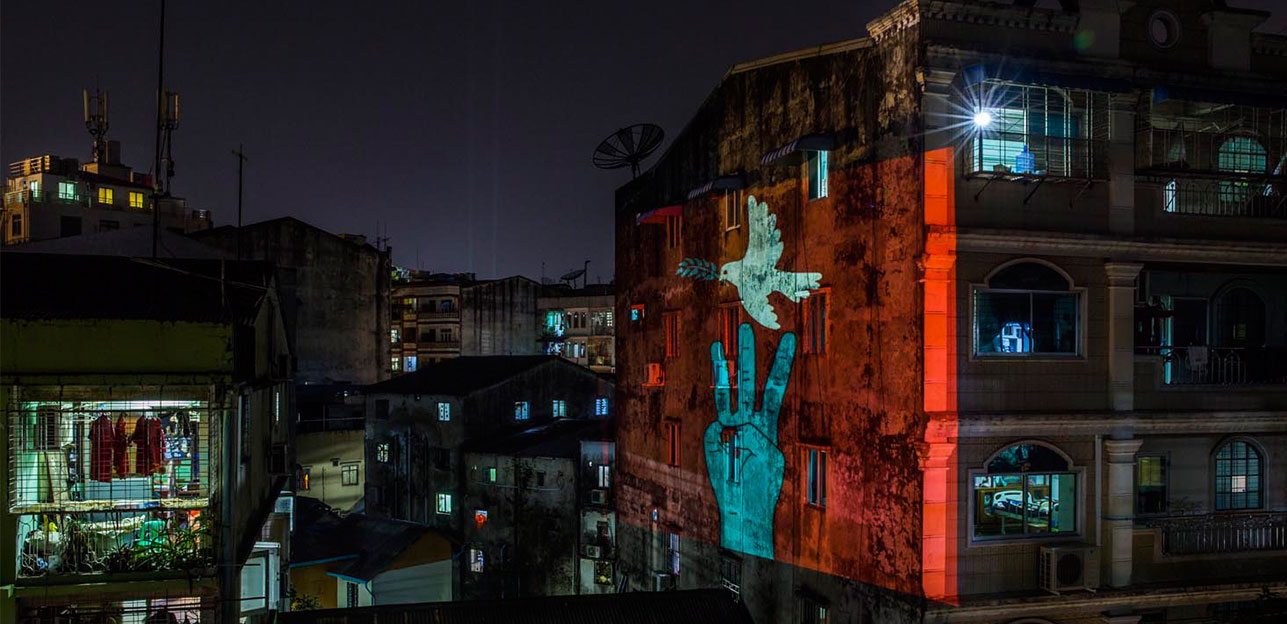

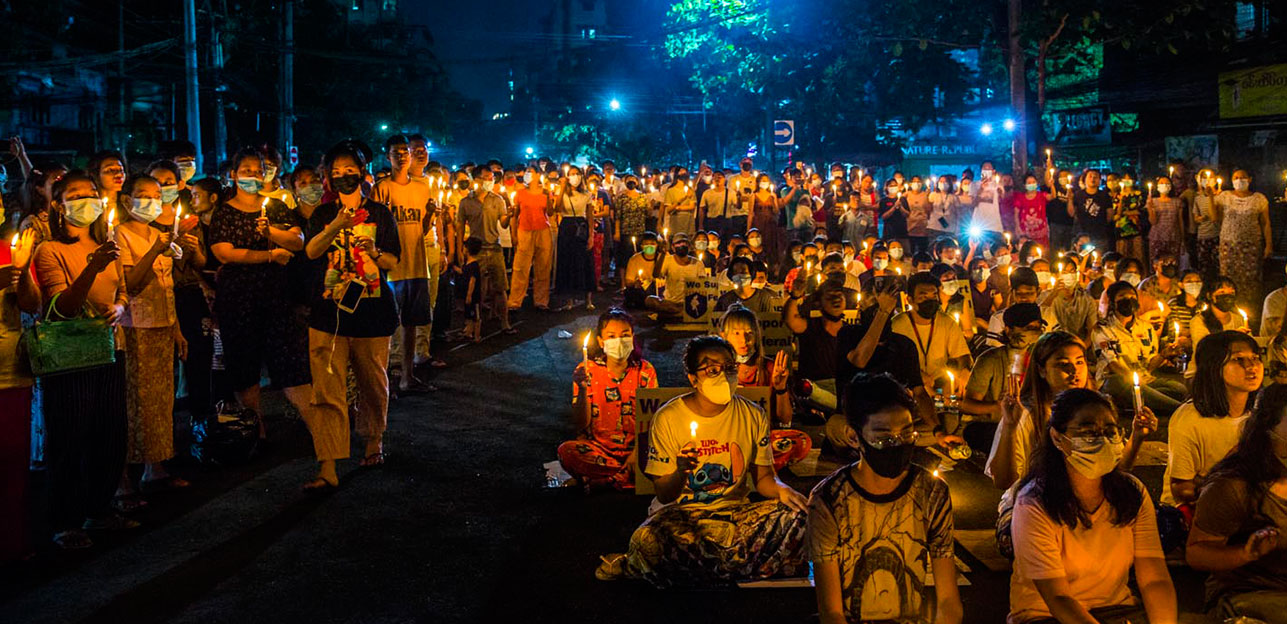

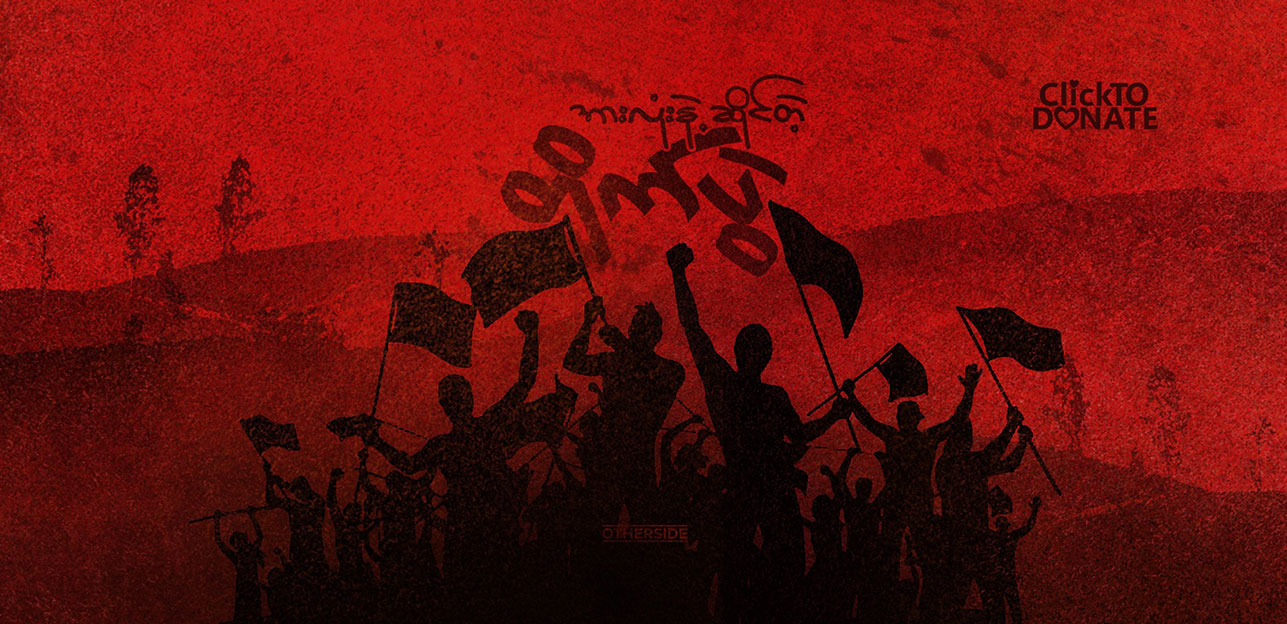

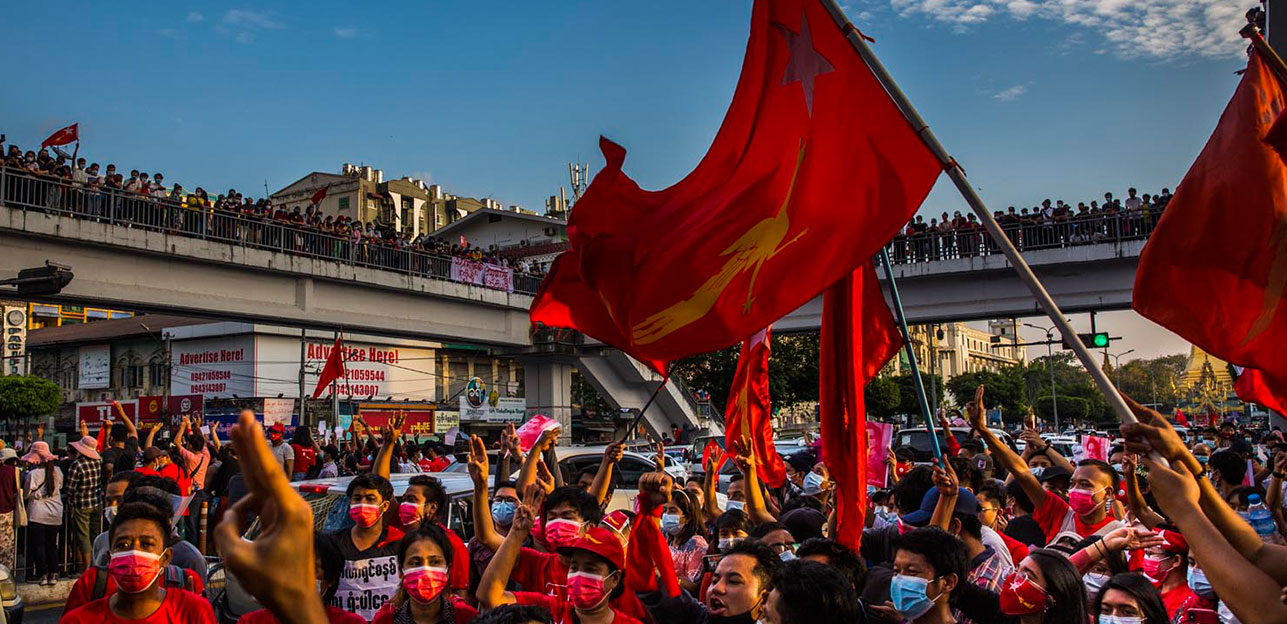

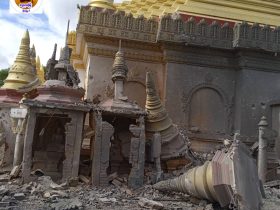
Got Questions?
Find us on Socials or Contact us, and we’ll get back to you as soon as possible.